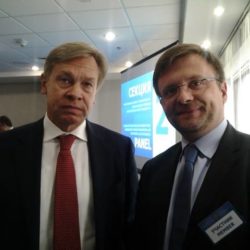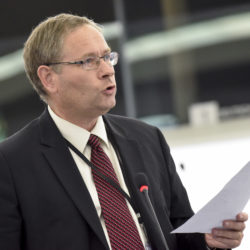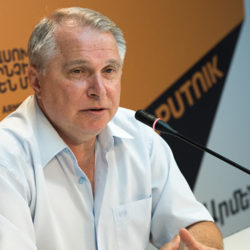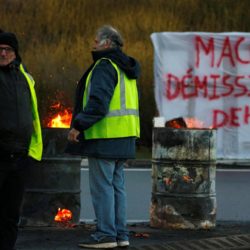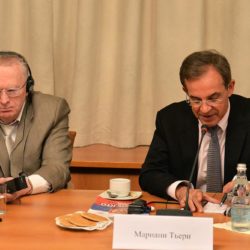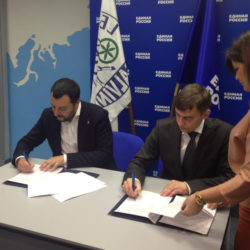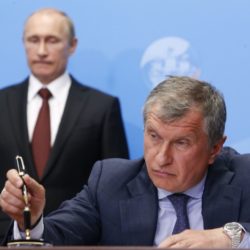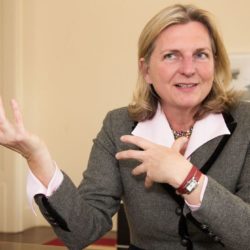More evidence the Polish Center for Geopolitical Analysis was a Russian front
More evidence has now emerged suggesting that the Poland-based European Center for Geopolitical Analysis (Europejskie Centrum Analiz Geopolitycznych, ECAG) was an organisation handled by the Russian authorities.
The ECAG was founded in 2007 by a Polish far-right activist Mateusz Piskorski, then a member of the Polish populist party Self-Defence of the Republic of Poland (Samoobrona Rzeczpospolitej Polskiej). The activities of the ECAG were originally limited to providing authoritarian East European regimes with compliant “election observation” missions. (More on this see Chapter 4 in Russia and the Western Far Right) but later would be engaged in other pro-Kremlin efforts. […]
